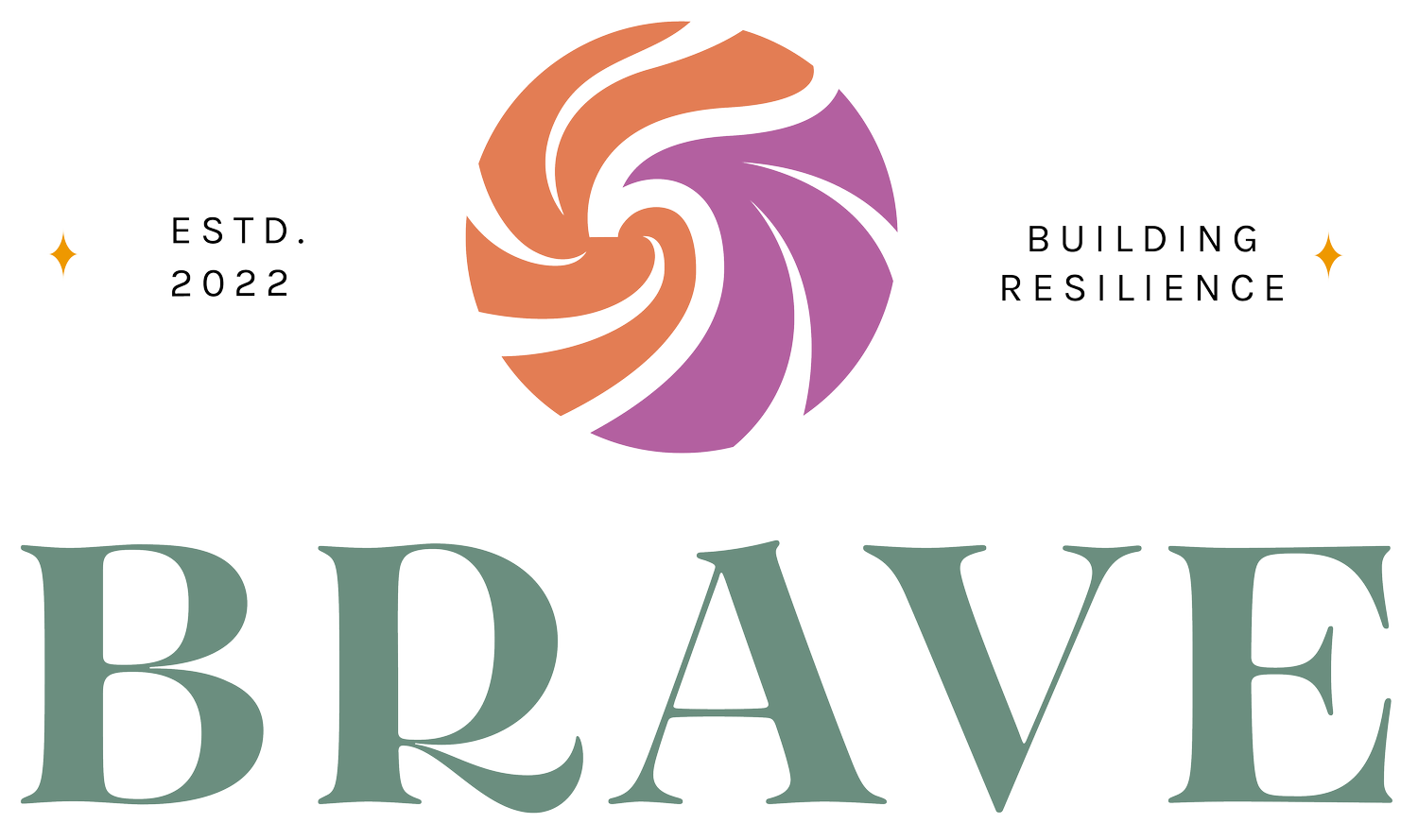Rest Isn’t Always Enough: How to Recalibrate During the Summer Slowdown as a Trauma Therapist
Early June can be disorienting. Your schedule might still be full, but you can feel it shifting: cancellations creeping in, more "I’ll be out of town" texts from clients, fewer back-to-back days.
Logically, it should feel like a relief. But instead? You might be feeling a quiet panic.
This is the strange contradiction of the summer slowdown for trauma therapists. We’re taught to long for rest, but when it arrives, we often don’t know what to do with it. That space we thought would feel freeing can instead bring guilt, anxiety, and the uncomfortable question: Why am I still so tired?
If that’s you right now, know this: you’re not imagining it. And it’s not just you!
Why Rest Isn’t Working (And What Your Body’s Trying to Say)
There’s a reason a long weekend or a few canceled sessions didn’t leave you feeling restored.
Your nervous system isn’t a light switch. It can’t just flip from overdrive to ease.
For many trauma therapists, the nervous system stays in a state of readiness even when the schedule eases up. Fast thinking. Fast responding. Fast holding of everyone else. We move quickly because that’s how we survive the emotional weight of the work.
So when space opens up, your body might tighten instead of soften. Stillness can feel unsettling, even unsafe.
Because that’s when the hard stuff surfaces.
The fatigue you’ve been pushing through. The feelings you haven’t had time to name. The fear that, without constant motion, you might fall apart.
But that reaction isn’t failure. It’s physiology. And it makes complete sense.
Let’s Actually Slow Down Together
Take a moment here. Right now.
Unclench your jaw. Let your shoulders drop. Take one full breath.
Ask yourself gently: What do I need right now that rest hasn’t touched?
Maybe it’s comfort. Or quiet. Or not being alone in what you’re feeling.
Take a moment to jot down anything that comes up - without judging or evaluating it, just noticing the words as they flow out onto the page.
This moment isn’t about solving anything, rather naming what might still be calling for care.
You’ve now reached the first layer of recalibration!
Recalibration Isn’t Rest. It’s Rhythm.
Here’s the shift: summer doesn’t have to be a cliff you fall off. It can be a ramp.
You’re not losing your rhythm. You’re adjusting your stride.
But if you go into the slowdown on autopilot, two things usually happen:
You grip harder: fill every hour, get ahead, do more.
Or you numb out: detach, disconnect, "wait it out."
There’s a third way: recalibration.
Last summer, I chose recalibration. It was a very not on brand choice for me at the time, but I did it!
Instead of pushing to launch something or cram in more sessions, I focused on grounding BRAVE behind the scenes. I worked on SEO. I reconnected with content that felt meaningful. I gave myself space to think.
It felt strange at first. Scary, even. But ultimately, it was one of the most stabilizing seasons I’ve had. Because I moved with my nervous system, not against it.
What Happens When We Ignore the Season
I’ve seen the other side too. A colleague decided to "finally get ahead" last summer. She overcommitted to a big training, kept her schedule full, and stayed productive to outrun the quiet.
By mid-July? She was done. Depleted. Questioning whether she even wanted to keep going.
Not because the work wasn’t meaningful. But because she’d ignored the part of herself that just needed to be held.
4 Micro-Practices for Recalibrating (That Don’t Involve Doing More)
You don’t need a full summer strategy. Just a few rhythms that help your body feel supported. Here are four that I use and share in BRAVE:
Voice memo journaling
At the end of the day, record 30 seconds: "What did I notice about myself as a therapist today?" or "What moment of vicarious resilience did I witness?"
One sacred hour a week
Block off one hour. No clients. No admin. Use it for reflection, rest, or gentle creative work.
Mini integration walks
Ten minutes outside between sessions. No podcast. No goal. Just you, your breath, and the pace of your thoughts.
Client-free days
If your schedule allows, batch sessions and protect one day for deeper thinking or no work at all.
These aren’t productivity hacks. They’re nervous system scaffolds.
They remind you: You get to feel good in your own work.
Let Vicarious Resilience Register Again
This season isn’t just a break. It’s an opportunity to reconnect with the parts of the work that nourish you. But only if you slow down enough to let those moments land.
Like the client who finally exhaled after months of holding.
The colleague who said, "I feel seen" after consultation.
The text from a former client who shared, "I finally feel grounded in my body."
That’s vicarious resilience. Not just noticing the good, but letting it fill you.
When we do that in community, it becomes sustainable.
Let the Season Hold You
So what part of you is bracing for the slowdown?
Is it your inner manager already building a summer to-do list? Or the part afraid that stillness will surface something hard?
What would it be like to meet that part with kindness instead of control?
This isn’t about letting go of momentum. It’s about redirecting it — toward you.
Your brain. Your body. Your values. Your long game.
Let this be the summer you recalibrate before you collapse. Where you reconnect before you retreat.
You don’t have to outrun the quiet to stay grounded in your work.
Let it hold you.
You’re not behind. You’re becoming.









